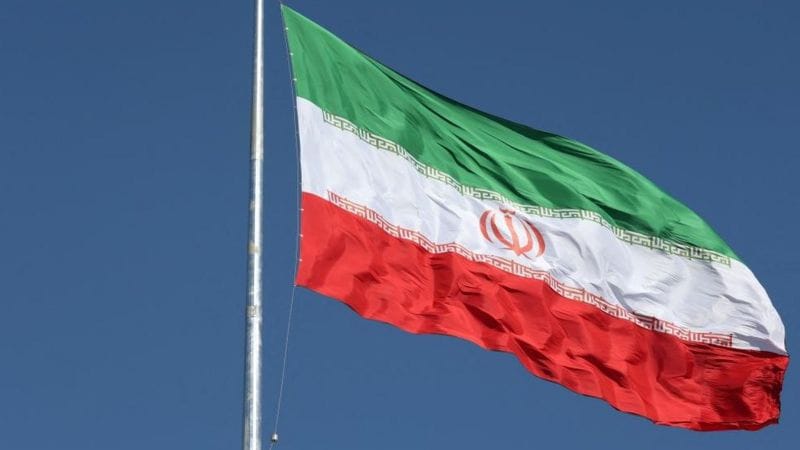The United Kingdom has recently imposed sanctions on a select group of Israeli ministers, citing their involvement in inciting violence against Palestinians. This significant move has drawn attention from various international observers and human rights organizations, emphasizing the UK’s commitment to addressing human rights concerns in one of the world’s most protracted conflicts.
The background to this decision is rooted in a series of inflammatory statements and actions taken by certain officials in Israel, which have contributed to rising tensions between Israelis and Palestinians. The UK government has indicated that these ministers’ rhetoric and policy positions have not only undermined peace efforts but have also escalated hostilities in the region, leading to further instability and suffering for the civilian population.
It is essential to understand that this sanctioning decision is not isolated. The UK has been increasingly vocal regarding its stance on human rights and has reiterated its position against violence in all forms. In the context of the Israeli-Palestinian conflict, the UK has felt compelled to respond to actions that directly contravene international norms and principles regarding state conduct, especially in relation to non-combatants.
The sanctions entail travel bans and asset freezes against the named ministers, which the UK government hopes will serve as a deterrent to similar behavior in the future. Officials in the British government have stated that these measures are aimed at reinforcing the message that incitement to violence and hate will not be tolerated. This aligns with broader international efforts to promote accountability among state actors whose policies directly impact human rights.
The decision has elicited varying responses from different sectors. Human rights advocates have lauded the UK’s actions as a necessary step toward holding individuals accountable for inciting violence. Conversely, this move has led to criticisms from some Israeli officials and supporters who perceive it as undermining Israel’s right to self-defense and its capacity to manage security threats.
In recent years, the rhetoric surrounding the Israeli-Palestinian conflict has become increasingly polarized, often complicating diplomatic efforts aimed at resolving the dispute. The UK’s sanctions may complicate matters further, especially in light of existing tensions, but they also reflect an unwavering commitment to uphold human rights standards globally.
Experts in international relations have suggested that such sanctions could affect diplomatic relations between the UK and Israel, potentially altering future negotiations or cooperation on various issues. The effectiveness of sanctions as a diplomatic tool remains a subject of debate; however, the UK government remains firm in its belief that measures such as these are required to promote long-term stability and peace in the region.
Additionally, the involvement of the UK in applying sanctions against foreign officials is a political statement that resonates within a broader framework of international law and order. Advocates argue that these sanctions could influence other nations to adopt similar measures, creating a unified front against human rights violations and strengthening global norms. Critics, however, caution that such actions could hinder dialogue and reconciliation efforts at a time when peace talks are urgently needed.
The history of sanctions reveals mixed results in terms of impacting state behavior. While the UK’s actions may not resolve the underlying issues instantly, they do signify a growing intolerance for actions that threaten civilian safety and violate international legal standards. This applies particularly to situations like the Israeli-Palestinian conflict, where violent rhetoric and actions can have profound implications for peace and security.
Moving forward, the international community’s response to this situation will be crucial. The UK is one of several Western nations that have called for an end to hostilities and highlighted the importance of dialogue in resolving disputes. As various stakeholders analyze the implications of the UK’s sanctions, attention will inevitably turn to the broader question of how best to achieve a lasting peace in the region.
The use of sanctions as a tool of accountability raises significant questions about state sovereignty and the efficacy of direct intervention in sovereign affairs. It brings to the forefront the ongoing challenges faced by the international community in responding to violations of human rights without exacerbating existing tensions.
As this situation evolves, it will be important for the UK and other nations to maintain open channels for dialogue. Striking a balance between accountability and diplomacy is paramount, especially in a complex conflict landscape that continues to evolve. Through careful navigation, the UK aims to uphold its commitments to human rights while also striving to facilitate a pathway toward lasting peace in the region.



